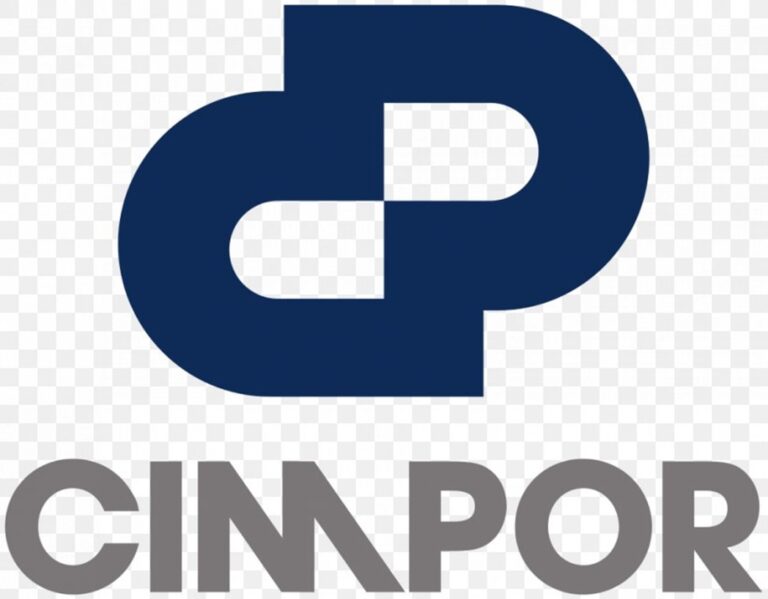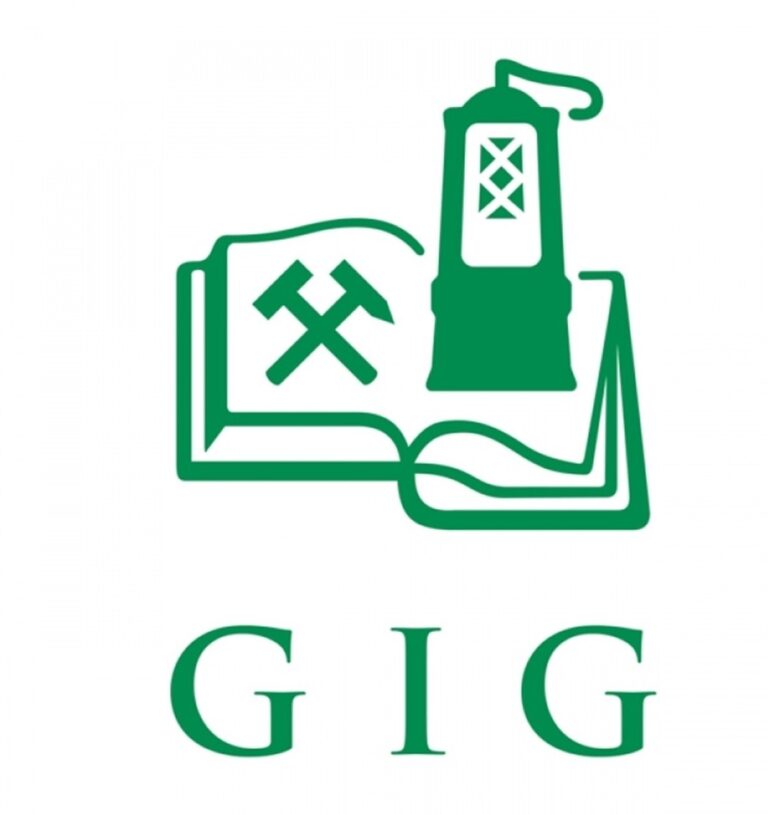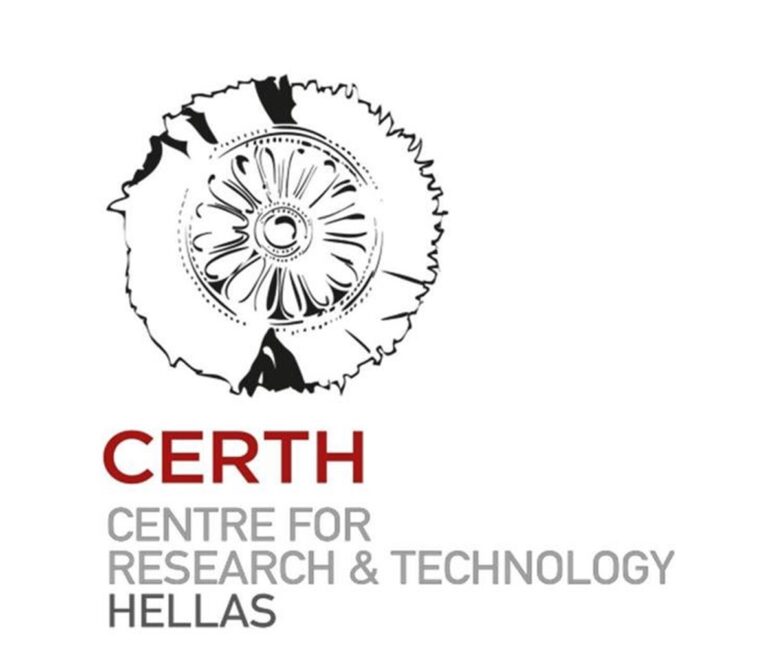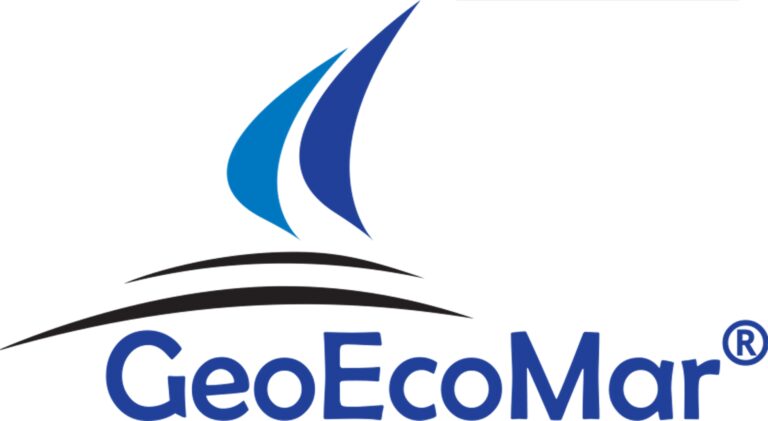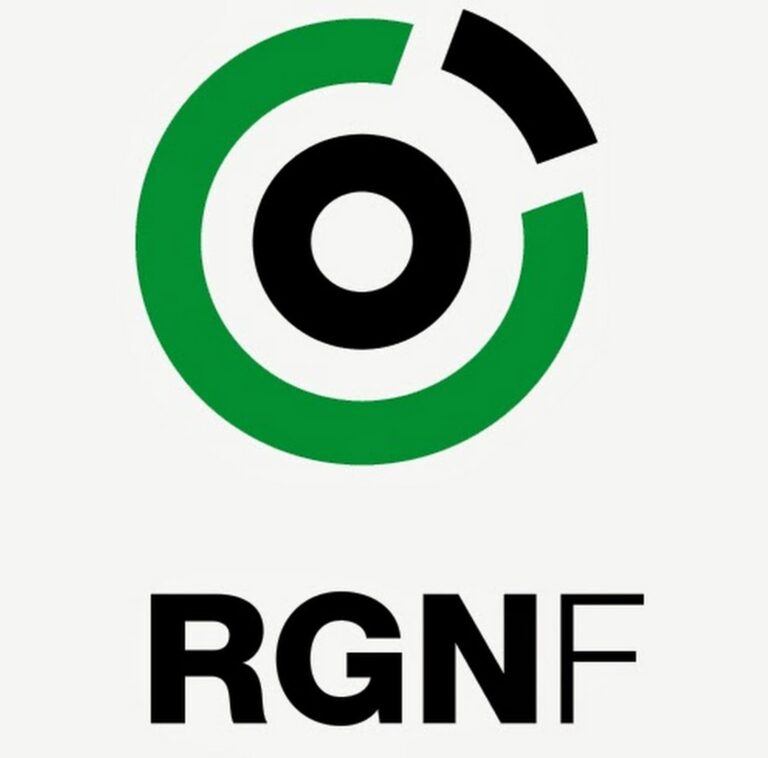STRATEGY CCUS Project
Management information
Project description
The project will study the capture, utilization and storage of CO2 in 8 regions with strategic elements: industrial groups, possible storage of CO2, possible use of CO2 and options for production and use of H2.
Carbon capture, utilisation and storage (CCUS) is a range of technologies, which can capture the large volumes of carbon dioxide (CO2) currently emitted to the atmosphere by industrial processes and power generation. The CO2 will be stored permanently in deep geological formations or used to manufacture useful products.
Targets
The International Energy Agency has warned that CCUS technologies are not developing fast enough to meet emissions reduction targets laid out in the Paris Agreement on climate action. CCUS is already operating worldwide and it can be delivered quickly and widely in the member states of Southern and Eastern Europe.
Our project name STRATEGY CCUS derives from our vision to deliver “Strategic planning of Regions and Territories in Europe for low-carbon energy and industry through CCUS Coordination and Support Action”.
Activities
Work package 1 of the project will ensure overall financial, administrative and operational management, with a focus on developing and implementing the work plan, monitoring progress and coordinating meetings and deliverables. Specific objectives are:
- Effective, timely and smooth daily management of the project, including operating the Project Board, communication between the project leaders and European Commission, financial management, and decision making
- Secure compliance and fulfilment of the Grant Agreement with the European Commission
- Maintenance of the Project Consortium Agreement and ensuring ownership among the participants
- Implementing quality control measures
- Ensuring communication between the different work packages and external bodies, including the Industry Club, Regional Stakeholder Committee and Advisory Board
The development of CCUS clusters begins at a local and regional level, and the STRATEGY CCUS project will map the technical potential for this for each of the eight promising regions.
The mapping exercise will focus on the following, with the technical data expected to be of use for other areas of the project, including stakeholder engagement, economic and environmental assessments and detailed design of CCUS networks:
- Existing and planned CO2 sources, the types of facilities and their anticipated lifespans
- Existing and planned infrastructure for the transport of CO2 to storage sites and potential CO2 users
- Estimates of CO2 storage site capacities from previous projects
- Options for CO2 utilisation, including the expected development of a hydrogen industry and as well as enhanced oil recovery
- CO2 quotas at individual, cluster and national scale as part of the EU’s emissions trading system
Previous attempts to deliver CO2 capture and storage in Europe have shown the challenges involved in gaining social acceptance despite the technology’s necessary role in climate action. This has slowed the development of carbon capture and storage (CCS) and carbon capture and utilisation (CCU) when efforts should have been stepped up.
The STRATEGY CCUS project will, therefore, specifically focus on social acceptance and stakeholder perceptions in order to learn – and attempt to address – the varying needs and concerns of all relevant groups in the early stages of CCUS development.
Our objectives will include:
- Identifying key stakeholder groups at regional, national and European level
- Mapping stakeholder perceptions of, attitudes towards and interest in CCUS
- A scoping exercise of relevant issues and needs
- Exploring the use of participatory formats at regional, national and European level, including regional stakeholder committees
- Delivering recommendations for stakeholder participation beyond the lifetime of the project
The development of CCUS in Southern and Eastern Europe, and their integration into a European infrastructure, requires both economic and environmental assessments in order to be sustainable. The aim of this work package is to support the decision-making process by defining common methodologies for:
- “Bankable” CO2 storage capacity
- Life Cycle Assessment (LCA)
- Multi-regional Input Output (MRIO) analysis
- Techno-economic assessment (TEA) designs
- Both LCA and MRIO assessments will involve close collaboration with those working on the Planning aspects of this project, where detailed plans and techno-economic evaluations for CCUS will be drawn up for different regions and timescales. Each region will also benefit from a comprehensive diagnosis of potential business models for the different CCUS options, and insights to guide CO2 storage requirements. Knowledge and data exchange between the project partners will be in important part of this work.
The STRATEGY CCUS project will provide each of the promising regions in Southern and Eastern Europe with CCUS scenarios for short, medium and long-term delivery, and based on various completed and current European projects. For the purposes of the project, short term equates to within three years, medium term is three to ten years, and long term means more than 10 years.
The research team will then further develop scenarios with the highest techno-economical likelihood of implementation, working with data from other work packages. Where relevant, these may feature optional connections to existing CO2 infrastructure in North Sea basin.
An important and essential part of this work will be close consultation and discussion with local stakeholders through the project’s Industrial Club and Regional Stakeholder Committees, which are being established as part of the project.
The scenarios will consider a range of areas, including:
- Annual CO2 captured emission profiles (MtCO2/year)
- Transport options
- CO2 storage capacity
- Identified CO2 reused options.
- Economic evaluation and economic impact assessment at national and European level
- The EU’s Emissions Trading System (EU ETS) and carbon price
The delivery of strategic communications is an essential part of the project, providing stakeholders with the knowledge and advice they need to deliver CCUS successfully. Our key findings will be shared with a variety of end users, including project developers, local authorities, regional and national bodies, industry and the wider public in order to pave the way for CCUS clusters in the identified regions.
Communication and dissemination activities will include:
- Flexible communication tools adapted to the status of CCUS in different European regions, including our Stakeholder Engagement Toolbox
- Sharing of best practice and standard methodologies.
- Digital media, including this website and its associated news, events and social media feeds
- A collaborative storage platform/database allowing sharing of data and information between project partners
- Online meetings and themed webinars for presenting and discussing regional, national and transnational CCUS possibilities
- A series of regional events to facilitate knowledge sharing with relevant stakeholders
- A final event at the close of the project for disseminating findings to all relevant European stakeholders
Principal Investigators
Collaborators
Involved groups
Publications
Image gallery
Related video gallery
© 2024 Instituto Geológico y Minero de España





